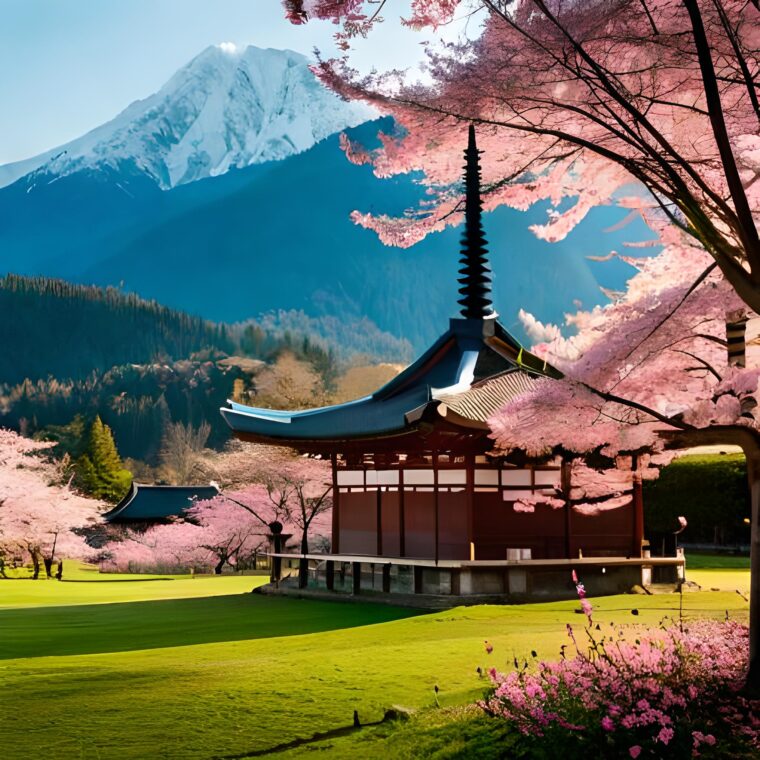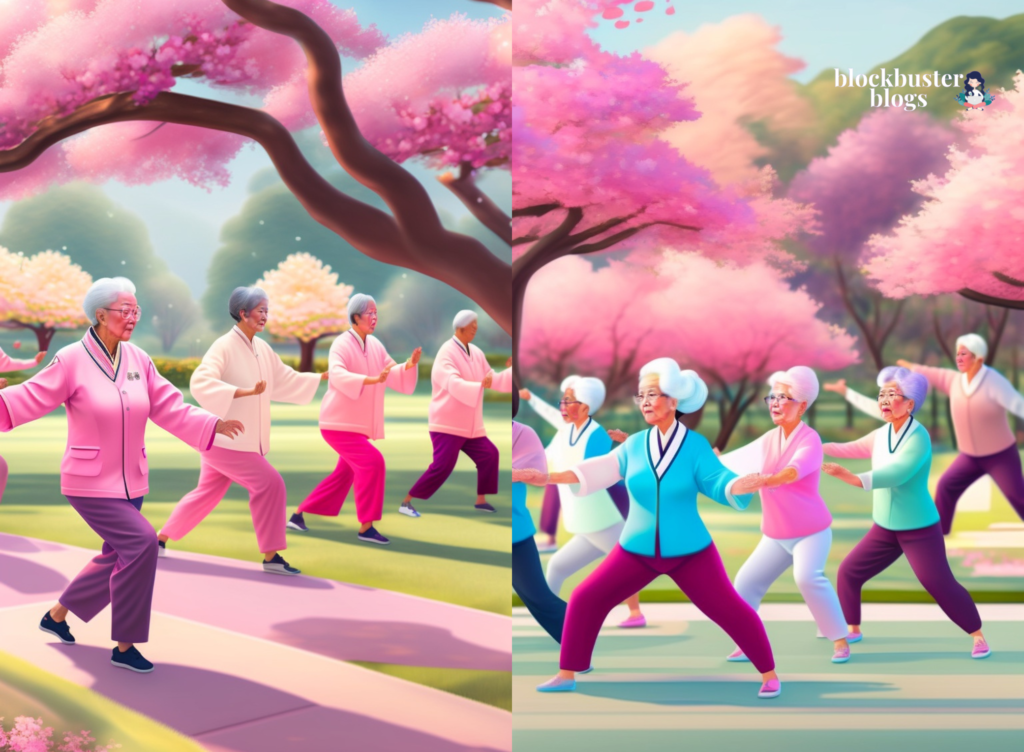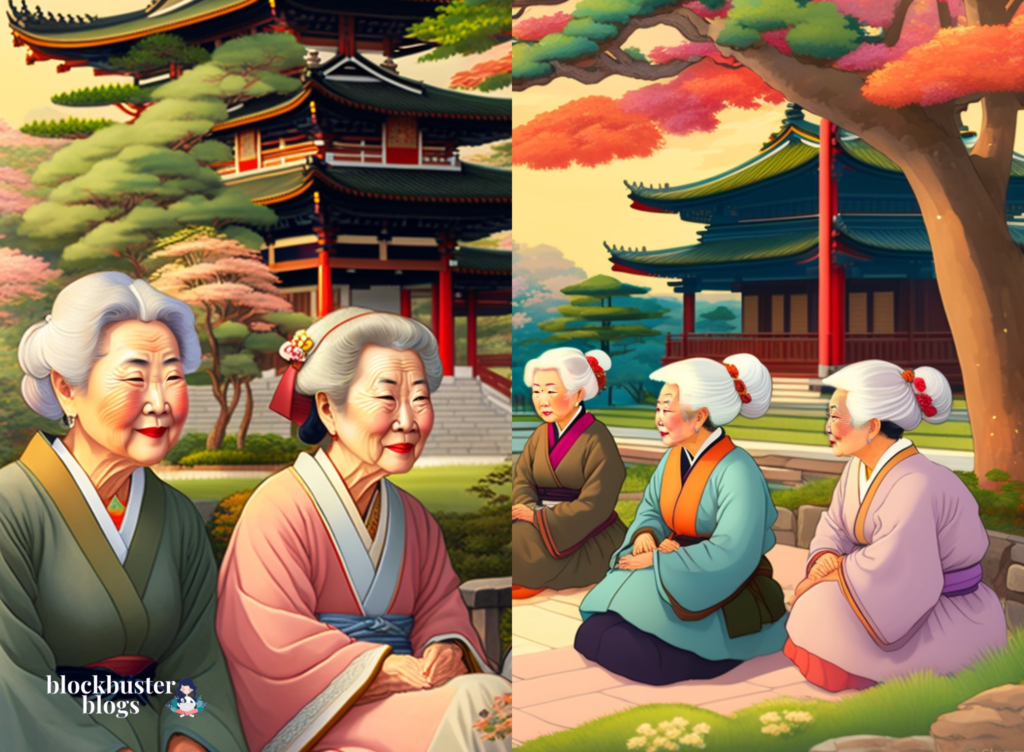Introduction
The Japanese have consistently been ranked as the world’s longest-living people. The Japanese have continuously been ranked as the world’s longest-living human beings. World Health Organization (WHO) investigated that and published a report that, a healthy Japanese can live an average of 84 years. This is more than 5 years compared to the global average.
This article explores the reasons behind this remarkable longevity and what science tells us about it.
History and Culture
Japan’s Aging Population and Roots of Longevity
The population of Japan is growing old expeditiously, with 28% of the population reaching the age of 65 or older. This is mainly a result of Japan’s declining birthrate and increasing lifespans.
However, Japan has a long history of building healthy aging and longevity with traditional activities like Tai Chi, meditation, and martial arts that strengthen both physical and mental well-being.
Japanese Culture and Lifestyle Practices
The Japanese lifestyle emphasizes physical activity, healthy eating, and strong community ties. The art of Japanese self-care, called “Omotenashi,” is also a cultural norm, emphasizing the importance of taking care of oneself and others. Additionally, many Japanese people retire later in life, staying engaged and active in their communities and careers.
Traditional Japanese Diet and its Impact on Health
Fish, fresh veggies, noodles made from healthy ingredients, and fermented foods like miso and soy sauce are all popular in Japanese cuisine. Japanese follows a diet that low in processed foods, high in antioxidants, and rich in nutrients. Studies have found that the traditional Japanese diet contributes to good health outcomes and may be a key factor in the country’s longevity of people.
Genetics and Biology
Genetic Traits Associated with Longevity in the Japanese Population
Japanese people have genetic traits that are associated with longevity. Researchers have identified a gene that controls levels of cholesterol in addition to protecting from heart disease which holds an important role in the growing population in Japan. Furthermore, research has also found a conclusion that a genetic variant is associated with healthy aging and resistance to age-related diseases in Japanese people.
Telomeres and their Relation to Aging
Telomeres are the protective caps at the end of DNA strands that shorten with age. Japanese people have long telomeres compared to other populations, according to studies on telomere shortening. Age-related diseases and slow aging are associated with long telomeres.
Epigenetics and its Role in Longevity
A study of epigenetics examines how behavior and environment changes can affect the way genes function. Researchers have discovered that environmental factors such as good food habits and lifestyle has key role in promoting healthy aging and longevity and can affect gene expression in the Japanese population.
Healthcare and Technology
Japanese Healthcare System and its Impact on Longevity
Access to preventive care, affordable medical expenses, and universal coverage characterize Japanese healthcare. Availability of quality healthcare is ensured by the high density of hospitals, doctors, and nurses in the country.
Advancements in Medical Technology and Their Contribution to Longevity
Innovations in robots, artificial intelligence and telemedicine have made Japan pioneer as a strong country in medical technology. These technologies facilitate better healthcare access and outcomes, particularly for elderly and rural populations. The elderly residents are provided companionship and assistance with daily activities by robots in most of nursing homes.
Aging-Related Research and Initiatives in Japan
Organizations like the National Center for Geriatrics and Gerontology and the Japan Gerontological Society in Japan are currently leading focus on aging-related research. The country also promotes initiatives that encourage healthy aging, such as the “Silver Human Resource Center,” which helps retired individuals find part-time work opportunities.
Environmental and Social Factors
Air Quality and Environmental Factors Affecting Health and Longevity
Japan has high air quality standards and is known for its clean cities. Since air pollution is a known factor in a number of health issues, including respiratory diseases and cardiovascular disease so it has a major impact on public health. Additionally, Japan has stringent laws enforced to ensure that its inhabitants have access to high-quality meals for good health.
Community Engagement and Social Support
Social ties are a crucial component of healthy aging, and Japan has a strong tradition of community engagement. Social support networks, including family and friends, are prioritized in Japanese culture. These connections provide emotional support. physical activity and engagement opportunities, promoting healthy aging and longevity.
Work-Life Balance and Stress Management
It is well known that Japan has a demanding work culture, which is associated with extensive levels of stress and poor health conditions. However, day by day Stress management and work-life balance are becoming increasingly important to employers and policymakers. In Japan, initiatives like flexible work schedules, a remote work environment, and extensive mental health services are becoming more widespread.
Elderly Care and Longevity
Elderly Care in Japan and its Impact on Longevity
The Japanese government places a strong emphasis on elderly care, with a robust system of nursing homes, home healthcare services, and senior centers. This ensures that older adults receive appropriate care and support to maintain their health and independence.
Technology and Innovation in Elderly Care
Japan is at the forefront of elderly care technology and innovation. For example, automated toilets with integrated healthcare sensors are becoming increasingly common, providing real-time data about an individual’s health. Additionally, there are experimental programs that use robots to provide companionship and assist with daily tasks for elderly individuals living alone.
Aging Population and its Impact on the Economy
Growing healthcare costs and shrinking manpower that are two major challenges facing Japan’s aging population currently. However, few experts believe that the aging population of the nation also can provide opportunities and contribute to innovation in the field of healthcare technology.
Conclusion
A complex relationship between genetics, environment, and culture explains the exceptionally long lifespan of the Japanese people. While scientific research has provided some insight into these factors, much remains unknown. However, Other countries can learn valuable lessons from Japan’s experience with healthy aging and longevity.
Ikigai: The Japanese Secret to a Long and Happy Life is a renowned book written by Hector García and Francesc Miralles. In Japanese language Iki’ means ‘life,’ and ‘gai’ describes value or worth. You learn about a variety of subjects related to the art of life in the Ikigai book, including the blue zones, longevity, logotherapy, flow, yoga, tai chi, and resilience. It explains the principles of Ikigai. According to the book, you have some power over living a long and fulfilling life.





